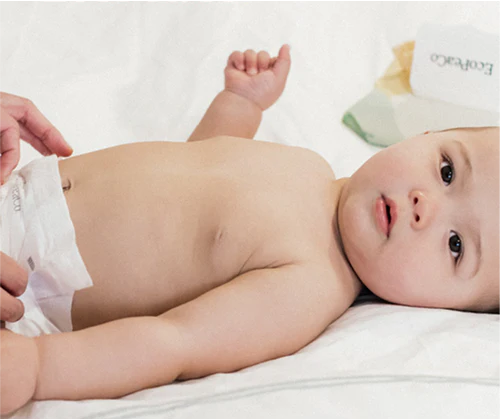
1. 10 Little Fingers and Ten Little Toes
by Mem Fox, illustrated by Helen Oxenbury

2. The Day You Begin
by Jacqueline Woodson, illustrated by Rafael Lopez
We love this book for the story it tells. Great for school aged children, the author does a wonderful job of exploring what it might feel like to walk into a room where nobody there is quite like you. Poignant for parents as well to remind us that children are always observing. We love this one for the conversation it opens up to talk to our kids about how to treat others who might feel out of place, or how to deal with feeling out of place themselves.

3. The Skin I'm In: A First Look at Racism

4. We're Different, We're the Same
by Bobbi Kates, illustrated by Joe Mathieu
Sesame Street brings the lesson yet again! The visuals in this book are perfect for young ones to understand that we all have differences; from our noses, to our hair, to the color of our skin - and we're all wonderful! This one is a great conversation starter and a fabulous, visual read.

5. Race Cars: A children's book about white privilege
by Jenny Devenny
Such a cleverly written book about a black and white car that are best friends, yet they both have very different experiences in the world. This is an awesome book for toddlers to let them know how this is not okay, and how to notice it in their own circles.

6. It's Okay to Be Different
By Todd Parr
This one is not specifically about race, but one that we wanted to include because we love it at our house, and our kids always want to talk about the differences they see around them afterwards. This one is a great starting point for any families that want something easy to grasp and to get started.
These conversations don't have to wait, and in fact, it's important to get them started as early as possible to have our children comfortable with people who may look or speak or live differently than them from the start. We can't control all of the experiences they are going to have when it comes to race, so starting these conversations helps them have an understanding of what is right and what is wrong, which can support them in making the kindest choices possible.









